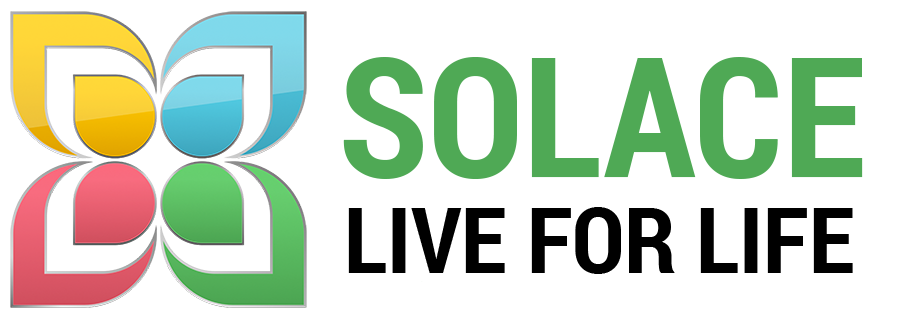The Maldives is made up of 1,190 coral islands grouped in 27 atolls in the Indian Ocean, covering roughly 35,000 square miles. With a population of over 540,000, the people of the Maldives islands are dispersed across the atolls, with about 200 inhabited islands. Its capital is Malé.
Drug abuse in Maldives
The rise of drug trafficking and abuse appears to coincide with the period when tourism started in the Maldives. This is a great problem for the Maldivian people because the majority of drug abusers there are young people aged 16-30 years.
Two of the most abused drugs in the Maldives are heroin and cannabis, and it is particularly worrying that heroin abuse in Malé is comparatively higher than in other countries because it has a high potential for addiction and overdose.
Effects of Heroin Abuse
Heroin is a drug that is processed from morphine—another drug that is used medically for pain management. While pure heroin is a white powder, impure forms of it could also be found as a brown powder or a black and sticky substance known as tar heroin.
Heroin is typically injected, sniffed, snorted, or smoked to get it into the bloodstream of the user. When heroin enters the body, it is converted into morphine and acts on specialized receptors in the brain. This causes the release of dopamine—a chemical involved in helping us feel pleasure. Apart from the obvious danger of overdose, some studies found that people who used heroin experienced a decrease in their brain’s white matter.
Effects of Cannabis Abuse
Extracted from the Cannabis sativa or Cannabis indica plant, the main psychoactive substance in cannabis is tetrahydrocannabinol (THC), not to be confused with cannabidiol oil (CBD), which is often used as a natural remedy in alternative medicine (CBD oil is not psychoactive and doesn’t induce euphoria as THC would).
Cannabis is often smoked in joints (hand-rolled cigarettes), or blunts (cigars that have had the tobacco replaced with cannabis), and those who ingest cannabis have done so by adding it to food such as brownies and cookies.
Smoking cannabis is associated with large airway inflammation, increased airway resistance, and lung hyperinflation. Cannabis smoke also contains various products from combustion that are cancer-causing agents. Due to the way cannabis smoke is inhaled (deeper pulls and longer holds, so that THC can be absorbed), those who smoke cannabis have four times the amount of tar deposited in their lungs compared to a regular cigarette smoker.
Conclusion
The statistics are troubling: among youth who ever used drugs, 69% had used drugs for the first time before age 14, and 69% of drug-related offenders are aged between 18-34 years old. The future of the nation is at stake when its young population is being exposed to substance abuse.
According to the UNODC, “Communities perceive drug use to be an increasing problem, at the same time they do not easily understand it nor treat drug dependency as a medical condition. Also, many people feel that such treatment has not been effective”.
This calls for further collaboration between the public and private sectors to
- not only educate the public on the fact that substance abuse is a treatable mental health condition but also
- to equip mental health practitioners with evidence-based addiction treatment methodologies.
Echoing the UNODC, in order to break the stigma around the treatment of substance use disorder, we should work towards “mainstreaming drug use issues in programs of other sectors like public health, children and youth, education, and human resources.”
The Solace Difference
Drug abuse can have significant repercussions on mental health, with one common outcome being the onset of depression. When individuals engage in substance abuse, whether it involves illicit drugs or misusing prescription medications, they often experience chemical changes in the brain that can disrupt mood regulation.
At Solace Asia, we offer medically assisted detoxification using the latest scientific and medical approaches. Our facility is equipped with a state-of-the-art hospital and staffed by medical professionals at the forefront of their field. You can trust that you or your loved one will receive the highest level of care.
References:







